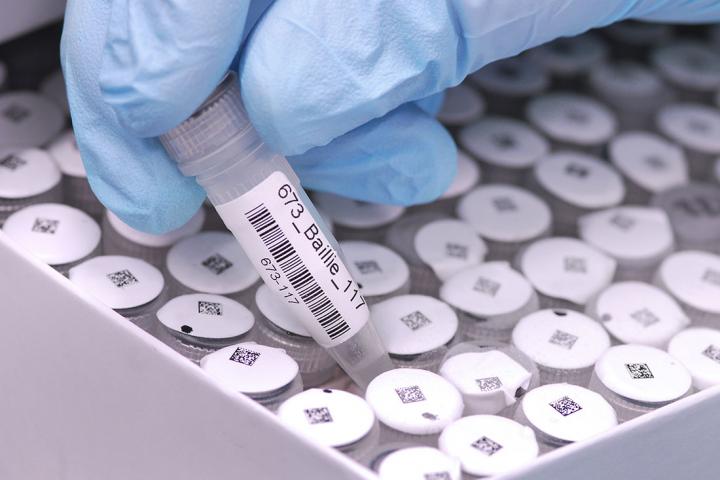Global network formed to investigate coronaviruses
Researchers and companies will collaborate to research coronaviruses in people and animals, and help tackle outbreaks.

A new international network brings together researchers in animal and human coronaviruses to further understanding in a range of fields, such as disease transmission and immunity.
The network aims to enhance knowledge of this important virus family, to inform response strategies for future outbreaks.
The UK International Coronavirus Network (UK-ICN) will facilitate collaborative research and a long term approach across human and animal health.
It will receive £500,000 over four years from the UK’s Biotechnology and Biological Sciences Research Council (BBSRC) and Department of Environment, Food and Rural Affairs (Defra).
Global collaborative effort
UK-ICN is a joint partnership between the Roslin and Pirbright Institutes, Animal and Plant Health Agency, and the Universities of Liverpool, Edinburgh and Cambridge.
It will draw on partners from major global research and industry players.
One Health approach
There is a gap in understanding how coronaviruses jump from animals to humans and between animal species, global and UK funding data indicate.
The network will embrace a One Health approach to analyse gaps and identify research priorities to better understand interactions amongst animals, humans and the environment, to help prevent outbreaks.
Experts will compare animal and human coronavirus biology, and integrate data to investigate virus biology, immune response, and effective intervention strategies.
The animal-human interface remains a key and understudied research gap in the current pandemic. Understanding interactions between animals, humans and the environment is critical in preventing future zoonotic outbreaks. This new global network will help us prepare for future outbreaks of animal and human coronaviruses as well as potential zoonotic spillover events.
The UK-ICN will help us to advance our understanding of coronavirus biology and, using a One Health approach, will enable us to improve how we coordinate research, data and expertise in both human, animal and environmental health on a global scale.
No single country can tackle the global problems posed by coronaviruses and other pandemic threats in isolation. So, international scientific partnerships are essential to bring the world’s experts together to improve understanding of coronaviruses.
The decades of research on diagnostics and vaccines to animal coronaviruses has lots to teach in terms of dealing with severe coronavirus pandemics both in the present day and preparing for Disease X in the future.
Working with collaborators from across the world will enable us to accelerate understanding of coronaviruses and use that knowledge to help prevent outbreaks, at a pace that wouldn’t be possible for a single institution to reach.
** The Roslin Institute receives strategic investment funding from the Biotechnology and Biological Sciences Research Council and it is part of the University of Edinburgh’s Royal (Dick) School of Veterinary Studies. **


